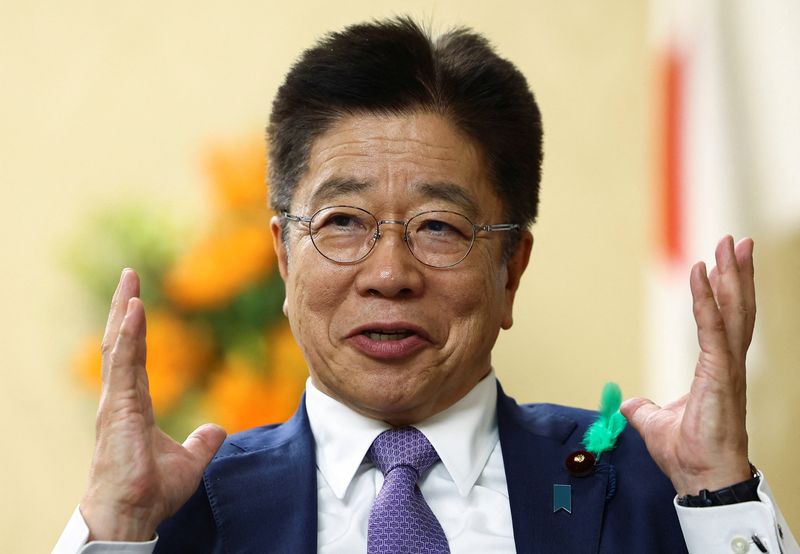Lawmakers Approve Literacy Funding in Late-Night Session
In a late-night hearing on Wednesday, Wisconsin’s Joint Finance Committee voted to release $9 million in funding aimed at improving literacy across the state. The committee’s 12-4 vote, largely along party lines, marks a pivotal step in implementing a bipartisan law passed last year to overhaul reading instruction in Wisconsin schools.
The funds will be used to support the Wisconsin Department of Public Instruction’s (DPI) literacy initiatives, including training for teachers and the hiring of early literacy coaches. The money was initially approved in the 2023-25 state budget but required a separate vote from the GOP-controlled committee to be released.
Background on the Literacy Law
The funding is tied to legislation known as the early literacy law, which was signed by Governor Tony Evers in July 2023. The legislation mandates the use of evidence-based reading instruction methods in Wisconsin schools. It also requires students in kindergarten through third grade to undergo regular reading assessments and mandates additional support for students who struggle with literacy.
Governor Evers, a former state schools superintendent, signed the bill into law despite having initially vetoed a similar version in 2022. The latest version incorporated several changes, including increased funding and more flexibility for local school districts, which made it more palatable to the Democratic governor.
Committee Debate Highlights Political Tensions
During Wednesday’s hearing, Democrats on the committee raised concerns about whether DPI would have enough time to implement the new literacy programs effectively. Rep. Evan Goyke (D-Milwaukee) expressed frustration that the funding had been delayed for months, despite bipartisan agreement on the importance of improving reading outcomes.
“We passed this law nearly a year ago,” Goyke said. “The delay in releasing these funds has put unnecessary pressure on schools that are already struggling to meet literacy benchmarks.”
Republicans defended the timing of the vote, stating that they needed assurances from DPI on how the funds would be used. Sen. Howard Marklein (R-Spring Green), co-chair of the Joint Finance Committee, emphasized that proper oversight was essential to ensure the money would be spent effectively.
How the Funds Will Be Used
The $9 million allocation will support several key initiatives:
- Teacher Training: Funds will provide professional development for educators on evidence-based literacy instruction techniques.
- Early Literacy Coaches: DPI will hire coaches to assist teachers in implementing the new reading strategies.
- Assessment Tools: Schools will receive funding to purchase diagnostic tools to identify students who need additional literacy support.
DPI officials stated that the funding will help schools meet the requirements of the new law by the 2024-25 school year. According to DPI spokesperson Abigail Swetz, the department is committed to ensuring that “every child in Wisconsin has the opportunity to become a proficient reader.”
Mixed Reactions from Educators
While many educators have welcomed the funding, some school administrators are concerned about the timeline. “It’s a step in the right direction, but we are facing a tight implementation window,” said Julie Meyer, superintendent of a rural Wisconsin school district. “Training teachers and integrating new assessment tools takes time.”
Others expressed hope that the funding would finally address longstanding disparities in reading achievement. Wisconsin has consistently reported wide achievement gaps in literacy, particularly among students of color and those from low-income families.
Looking Ahead
With the funding now approved, DPI will begin rolling out its literacy plan this summer. The department plans to hold regional training sessions for educators and distribute resources to school districts in the coming months.
State officials emphasized that the success of the program will depend not just on the funding but on collaboration between state agencies, school districts, and educators. “This is a collective effort,” said DPI’s Swetz. “We need everyone working together to ensure our students succeed.”
Parents and community leaders are also expected to play a role, with DPI encouraging family engagement in literacy development at home.
This article is inspired by content from WKOW. It has been rephrased for originality. Images are credited to the original source.







